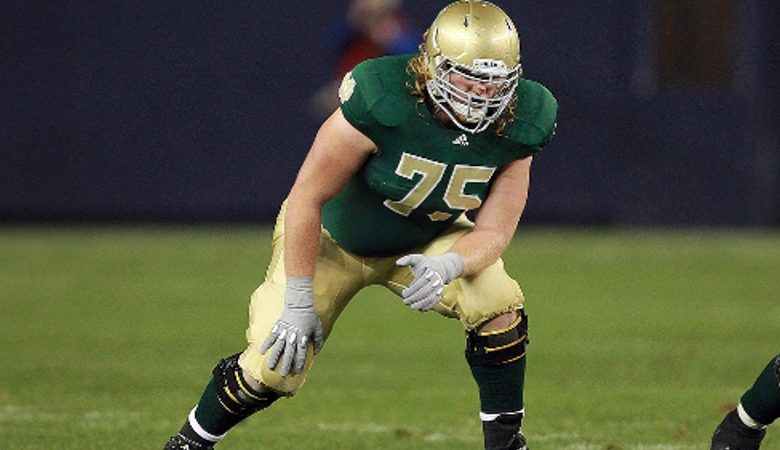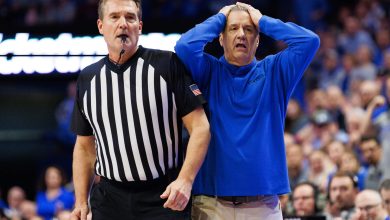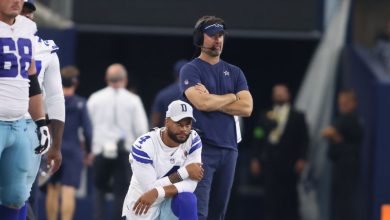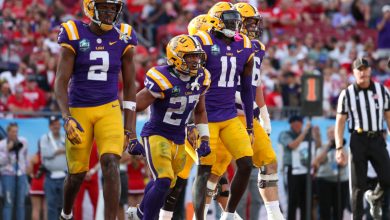“Race to End CTE’ spotlights former Notre Dame teammates Taylor Dever and Bill Flavin’s fight against brain injuries.

In the world of football, few issues have drawn as much attention and concern in recent years as chronic traumatic encephalopathy (CTE). This degenerative brain disease, linked to repeated head trauma, has deeply impacted the lives of countless former athletes. The documentary Race to End CTE shines a crucial spotlight on this growing crisis, following the stories of former Notre Dame football teammates Taylor Dever and Bill Flavin as they confront the realities of brain injuries and advocate for change.
The Origins of CTE Awareness
CTE is a progressive neurological disease found in individuals with a history of repetitive brain trauma, including concussions and subconcussive hits. Symptoms range from memory loss and cognitive decline to mood disorders and severe behavioral changes. For decades, CTE went largely undiagnosed and misunderstood, leaving many former athletes struggling without answers.
Only in the last decade has scientific research begun to reveal the full scope and devastating impact of CTE, sparking a national conversation about player safety in contact sports, especially football. The disease’s association with repetitive head trauma has raised profound questions about how football is played and how athletes are protected.
Taylor Dever and Bill Flavin: From Teammates to Advocates
Taylor Dever and Bill Flavin, who shared the gridiron as teammates at Notre Dame, now find themselves united in a different battle — one that extends far beyond the football field. Both men have experienced firsthand the symptoms and struggles associated with brain injuries sustained during their playing careers.
- Taylor Dever’s Journey: A former defensive lineman, Dever began noticing troubling symptoms in the years after his college football days. Memory lapses, mood swings, and cognitive challenges led him down a path of diagnosis and advocacy. His story represents the personal toll CTE takes on players and their families.
- Bill Flavin’s Fight: Similarly, Flavin has grappled with the consequences of repeated head trauma. His experience sheds light on the emotional and physical struggles many former players face, as well as the urgent need for increased awareness and research.
Together, Dever and Flavin have become voices for change, using their platform to educate others and push for advancements in prevention, diagnosis, and treatment of CTE.
What ‘Race to End CTE’ Reveals
The documentary delves into several critical aspects of the CTE crisis:
- Personal Stories: Through intimate interviews and footage, viewers witness the emotional journeys of Dever, Flavin, and other former athletes confronting the disease.
- Scientific Insights: The film explores cutting-edge research into CTE, including efforts to develop reliable diagnostic tools for living patients, a challenge that has hampered treatment and prevention efforts.
- Football Culture and Safety: It examines how the culture of football — with its emphasis on toughness and physicality — has contributed to the prevalence of head injuries and what changes are being made at all levels of the sport.
- Advocacy and Hope: The documentary highlights ongoing initiatives aimed at reducing head trauma, improving player safety protocols, and supporting affected players and their families.
The Broader Impact on Football and Society
The stories of Dever and Flavin resonate far beyond Notre Dame or even football. CTE has become a public health issue, raising questions about youth sports, military service, and any activity involving repeated head impacts.
- Youth Sports: Parents and coaches are reevaluating how children engage with contact sports, advocating for safer practices and better education about concussion risks.
- Policy Changes: Legislative efforts at state and federal levels are pushing for stricter concussion protocols, enhanced research funding, and improved care for former athletes.
- Medical Advances: Research into biomarkers, brain imaging, and protective gear continues, aiming to detect CTE earlier and prevent its progression.
Notre Dame’s Role and Responsibility
As a storied football program, Notre Dame carries a responsibility to its players and the broader football community. The participation of former Fighting Irish players in Race to End CTE underscores the university’s involvement in the national conversation.
Notre Dame has invested in player health initiatives and concussion protocols, but stories like those of Dever and Flavin remind us that the battle against brain injuries is ongoing. Their advocacy challenges programs to prioritize player safety and support long-term health beyond the field.
Looking Forward: Fighting for Change
Taylor Dever and Bill Flavin’s journey is a testament to resilience and determination. Through Race to End CTE, they hope to inspire action:
- Raising Awareness: Educating players, coaches, parents, and the public about the risks of repeated head trauma.
- Supporting Research: Advocating for funding and innovation in CTE diagnosis and treatment.
- Changing the Game: Encouraging football organizations to adopt safer rules, better equipment, and comprehensive medical care.
Their voices add to a growing chorus demanding that the sport evolve to protect its players.
The fight against CTE is far from over. Documentaries like Race to End CTE play a vital role in illuminating the personal and scientific challenges posed by this disease. By spotlighting the experiences of Taylor Dever, Bill Flavin, and countless others, the film helps humanize the issue and galvanize efforts to end the epidemic of brain injuries in football and beyond.
As awareness grows and research progresses, the hope is for a future where players can enjoy the game they love without sacrificing their long-term health — a goal that Dever, Flavin, and advocates everywhere continue to pursue with passion and purpose.









